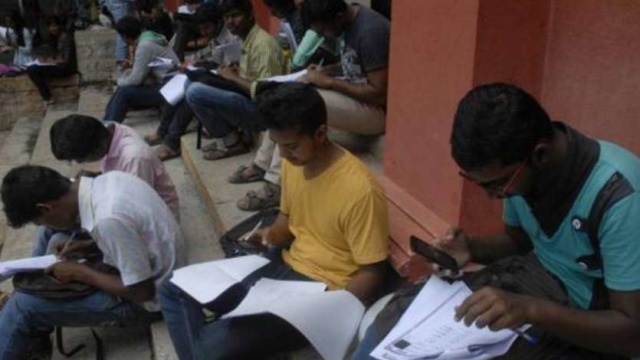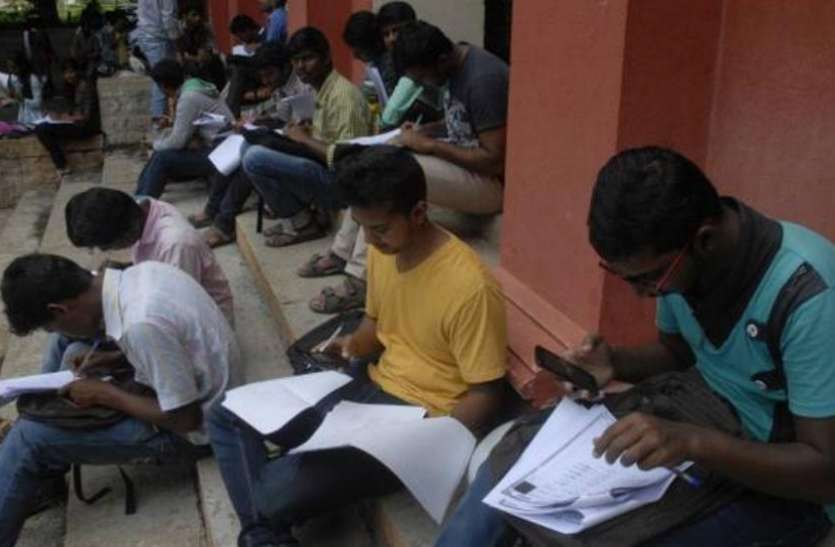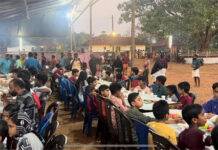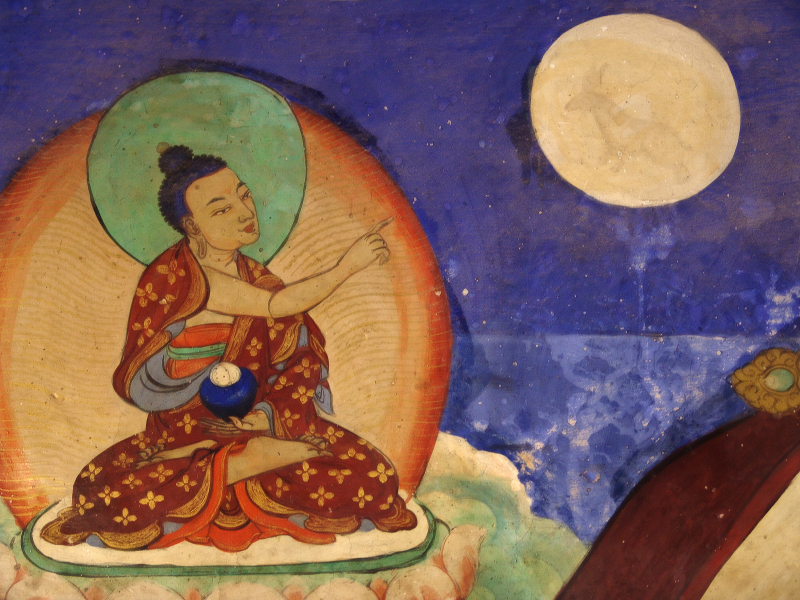About 1.24 lakh students in Kerala have refused to fill the caste-religion column in their admission details. When identity politics has become widespread, this action in Kerala is a ray of hope.
Sneha Bhardwaj is a Writer and Civil Rights Activist -based in Kannur, Kerala.
It is very interesting to see that there is a rebirth of religious and caste based identity in the county especially by the proliferation of identity politics. In the regional politics the mobilization of people around their identities has been the ground for engaging with community aspirations.

It has been observed that caste and religion are mobilising aspects and a large section of people choose their leaders based on them. At the national level we are seeing how religion is fast becoming the key agenda for mobilization. The revival of community specific leadership held the potential to bring ahead the demands of oppressed social groups and ask for their rights within the nation-state but ironically we see that it has instead turned into project of segregating individuals.
The assertion of identity politics is that an individual shall understand herself only as a Dalit or a Muslim or a tribal and visualise all other communities in opposition to her own affiliations. It is crucial that people negotiate with their trajectories and claim their rights from the nation-state but it is also important that these very identities are crossed and a kind of collective community is negotiated for.
Communal violence, Dalit uprising, disaccord with tribal identity, language based regional aspirations have all been created within a system where democratic ambience asserts difference but never works towards creating a collective platform.
It is a paradox that democratic politics has allowed voice to differences but our political leaders have never tried to construct a forum where collectively can be cherished. When people are only told that there is nothing common between them, it will be impossible that they wish to function as combined group.
Communal violence, Dalit uprising, disaccord with tribal identity, language based regional aspirations have all been created within a system where democratic ambience asserts difference but never works towards creating a collective platform. It is important that we acknowledge the fact that no individual is brought up in a void and that all of us have socio-cultural and religious colours in the way that we grow up but this does not negate the opportunity of exchange and empathy.
The identity of religion or of caste or of language or of race is politicised and transformed into a device to achieve political dominance however this need not be the case. In a country like ours , we can exchange , we can empathise, we can construct , we can nurture and build a shared space. It is in this context that the action of students from Kerala deserves our time.
A new generation of learners in Kerala do not want to associate themselves with any caste or religion. With every academic year more and more students who are getting admitted in government and private schools are leaving the caste or religion column vacant. Over 1.4 lakh students have left the caste and religion column vacant. The guardians assert that filling in those sections means that they are open to discrimination based on identity and this they do not wish about.
No individual is brought up in a void and that all of us have socio-cultural and religious colours in the way that we grow up but this does not negate the opportunity of exchange and empathy.
The report from Kerala displays that despite the assertion of caste-religion based politics in the country, a group of individual desire to not subscribe to any identity. What comes from Kerala is positive because it reaffirms our faith in equal and non-discriminatory public institutions. The lesson that Kerala brings ahead is that caste and religion are being utilised by political leadership to discriminate and divide people far greater than leading to their upliftment. If people learn to transcend these limited markers, our culture will greatly profit.













